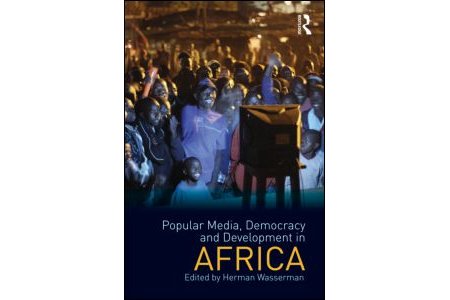Floods in the Indus, triggered by the heavy monsoon rain, devastate vast swathes of land and render millions homeless in Pakistan. Moving at a furious pace from the mountainous north-western region of Gilgit-Baltistan to the fertile south, the Indus river, swollen and bursting its banks (…)

